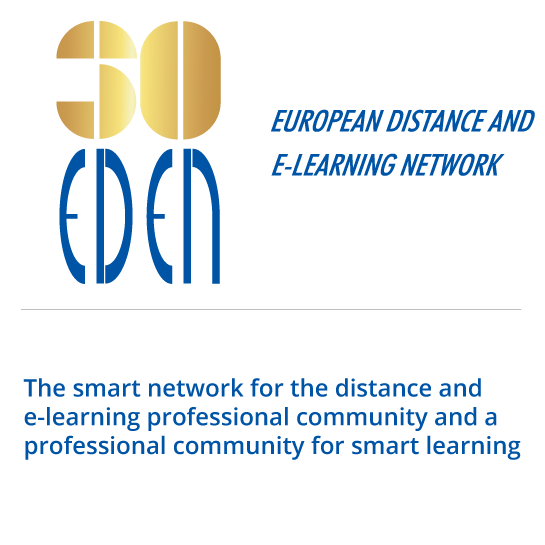Experience and understanding of the knowledge society is taking ever greater root in Europe. Globalisation, technology development, and changes in the economic and social environment are modifying the ways in which the knowledge society is developing. The accelerating development of information and communication technologies, especially with their integration in so many different fields of life, is creating way forward to new solutions.
The impact of economic challenges, market developments and macro-level policies both at national and European levels have considerably influenced these processes. Growth and employment are the present keywords, that embody the strong message of the relaunched Lisbon strategy. Intended change in education and training systems in connection with the world of work are above all seen from this perspective.
In this broad context innovation is the key element. It has been one of the core factors emphasized in recent understandings of modernisation and economic growth. Innovation systems and industrial policy share common interests, and there is an ever stronger demand for the integration and more effective use of innovation in the economy, particularly in the knowledge industries.
According to the recent EU Economic Policy Guidelines, all forms of innovation should be facilitated, accompanied by the improvement of innovation support services, and the creation and development of innovation poles, bringing together universities, research institutions and enterprises. The development of ICT and content industries make up key areas to be promoted. Increased performance in these fields is expected to contribute to the creation of the sustainable knowledge economy.
New competences E-learning European competitiveness
The academic and professional community is continuously at work on developing efficient solutions and identifying new, creative forms of education. It is becoming increasingly clear that the new learning space will be realised in the context of its contribution to employment and economic development. E-competences and professional development are important elements in establishing the background for competitiveness and economic growth. The need for flexible response to new challenges, for better adaptability, for training the workforce with renewed competences, and above all the broad concept of lifelong learning, make up the key terms in the new generation EU educational programmes.
E-competences are essential for successful careers and for the promotion of links between education, training and business. E-learning is the major enabling factor for the efficient involvement in the new competence development process, contributing also to the mainstreaming of innovation. A developing consensus is confident that e-learning has moved from vision to reality, accompanied by the evolution of its practical meanings and concepts.
Part of this process is the constantly growing need for the development of ICT skills for citizens. However e-competences are used in a much wider sense than the term digital literacy. The new competency system is strongly rooted in and related to e-learning, using collaborative and knowledge management tools, in the increasingly integrated contexts of education training work home.
Proper identification and development of competences, and e-competences in the digital economy requires the reconsideration of different modalities of achieving knowledge and integrating it into personal portfolios. The ongoing Bologna process is adding further requirements to the new structuring of skills and competences, with creative contributions from the educational community.
Recognition of informal and non formal learning from the uncertain attempts to define what it was only recently is fast becoming a massive movement, incorporated in educational and employment policies, and with the prospect of leading to a European qualification framework. An even more confident approach to issues of quality in learning is a pre-requisite for consolidated implementation.
Educational research
New forms of learning, and the process of their contributing to the economy, are also very challenging in academic and educational research contexts. A related substantial question is therefore the promotion of educational research in Europe, particularly in Learning Systems Innovation and with information and communication technologies. EDEN has been devoting sustained attention to the support of research in distance and e-learning, strengthening both academic and professional backgrounds. An important message of the conference should be the promotion of policy efforts, oriented towards guaranteeing focus, effectiveness and synergy with other actions at EU and national level, to reduce and eventually remove the existing knowledge and research gap in education, training and lifelong learning at large, including e-learning.
Arts and culture
ICTs have for a long period contributed to the European dimension, and to reinforcing European identity. Acknowledging and welcoming the strenghtening role of interdisciplinarity in developing innovation and creativity in education, the EDEN 2006 Conference intends to encourage the inclusion and presentation of the themes of arts, culture and languages in the context of e-competences, open, distance and e-learning.

